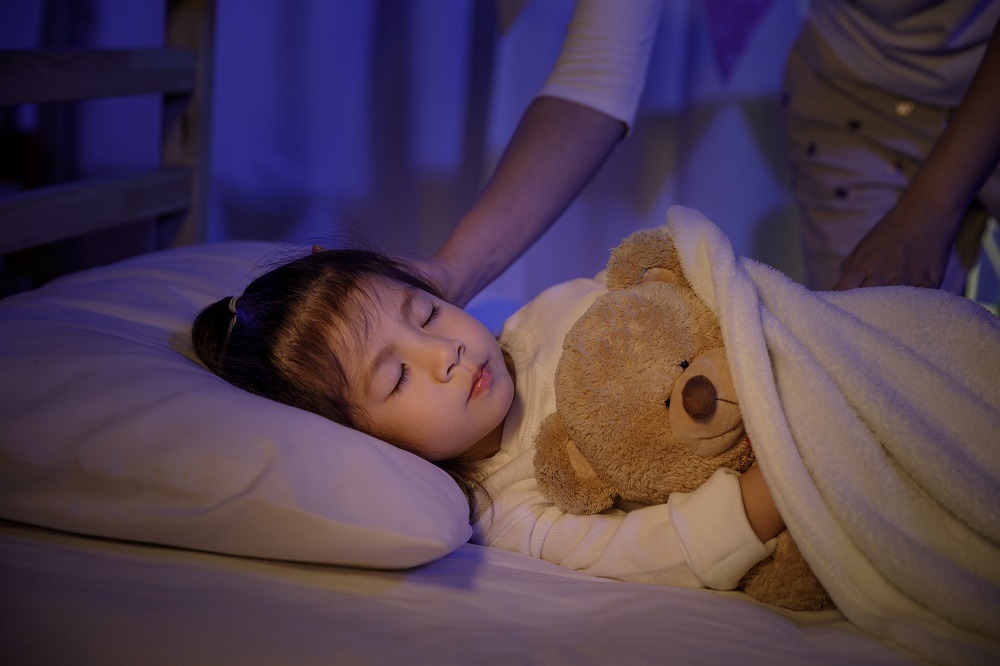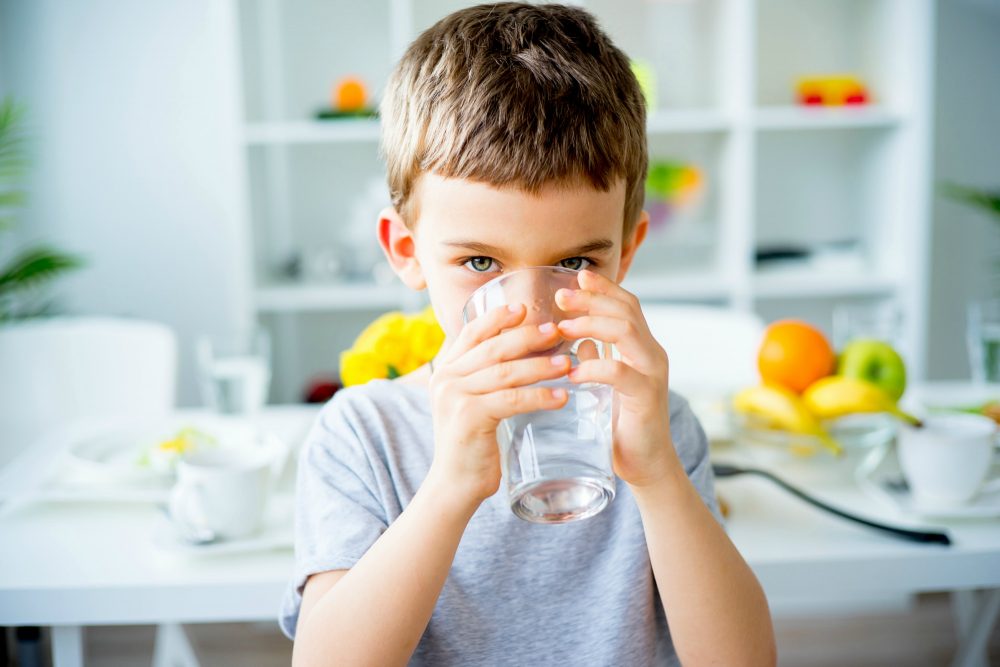Davina Richardson, Children’s Specialist Nurse at Bladder & Bowel UK shares some advice and information on managing bedwetting as a foster carer.
Foster carers have a challenging role providing support, love and encouragement to children who are not able to live with their own families. For those managing bedwetting as a foster carer this is often difficult, and can be more so if the child they are supporting has a bladder or bowel problem.
Bedwetting, also known as enuresis, is one of the most common medical problems that children experience. It is often assumed to be happening because of an emotional or psychological problem. This may be the case if bedwetting starts suddenly after a traumatic event in a child who has previously been dry.
Although there is an acknowledged link between trauma or stress and bedwetting, the bedwetting itself may be causing or contributing to any emotional or psychological problems. Therefore, it is important for any child, over five years of age, who is wetting the bed at night to have a full assessment of their bladder and bowel health. It should not be assumed that the bedwetting will get better on its own once the child’s life is more settled. Although this does occasionally happen, it is not always the case. Furthermore, the bedwetting will not get better if there is another underlying physical cause for it.
Bedwetting happens for a combination of reasons:
- The kidneys are making too much urine during sleep. Usually the kidneys make less urine at night than they do during the day. If they are not able to reduce urine production at night, the bladder is likely to fill before morning and need to be emptied.
- The bladder is not working as well as it should and is not able to hold urine as well as it should. This may be because the bladder is not as large as it should be, or because it is getting ‘twitchy’ as it fills.
- All children who wet the bed do so because their brains are not able to wake them up when the bladder sends signals that it needs to empty. This is the main reason why children pass urine while they are asleep. If they were able to wake up to the bladder signals, they would go to the toilet.

Children do not wet the bed because they are lazy, naughty, or defiant. They do not wet because of anything they, you, or their families have done wrong. They do so because they have an underlying medical problem. It is very common for children to have a mixture of wet and dry nights, although some children are wet every night. Having some dry nights does not mean that they are able to be dry every night. Children may be more likely to be wet at night if:
Children may be more likely to be wet if:
- They are constipated – if the bowel is full it will put pressure on the bladder and increase the chances of wetting in the day and at night. That is why any child with a bladder problem should also have an assessment of their bowel. Constipation should be treated before day or night time wetting, as the wetting sometimes gets better once the constipation has improved.
- They have a problem with their bladder in the day. Children who get damp pants in the day, need the toilet frequently, or who have to rush to get to the toilet (look as if they have left it to the last minute) are more likely to have wet nights. These children may have a bladder problem called overactive bladder. This can be treated.
- They do not drink enough during the day – concentrated urine can irritate the bladder and make wetting during the day and night more common. Not drinking enough may also cause constipation.
- They drink the wrong things. Drinks containing caffeine (tea, coffee, hot chocolate, cola and some energy drinks) and fizzy drinks may irritate the bladder and make wetting more likely.
- They drink large quantities before bed. This will make the bladder more likely to fill and need to empty during the night. Children should have 6 – 8 drinks evenly spaced through the day, with the last drink about an hour before bed.
- They eat just before bed. There is evidence that dairy products, including milky drinks, salty foods and foods high in protein can all increase urine production. Therefore, these should all be avoided in the hour before bed.
- They are very tired – they may be even less able to wake to bladder signals than usual.
- They go to bed very early – if they sleep for longer there is a higher chance their bladder will fill before morning.
- They forget to wee before going to sleep. They should be reminded to go for a wee just before they settle to sleep.

What can a foster carer encountering bedwetting do?
For those managing bedwetting as a foster carer it is important that you notice and support any efforts they make to improve things. These might include drinking well during the day, using the toilet just before they go to sleep and helping to change their own bed. You may want to offer them small rewards for trying to make positive changes in the day. However, you should never offer them rewards for dry nights – they are not able to control their bodies during sleep and are likely to sleep differently or try and stay awake to earn the reward. The wetting may get worse the next night.
If the wetting continues then you should ask their healthcare professional (GP, school nurse or health visitor) for an assessment and support. The website Stop Bedwetting has lots of information about how to make small adjustments at home that might help and has suggestions for how to approach the subject with a child’s healthcare professional.
More information and advice
Bladder & Bowel UK also have information about bedwetting on their website here.
Bladder & Bowel UK offers a confidential helpline to anyone who is affected by a bladder and/or bowel condition, including foster carers who are supporting children and young people with bedwetting. Contact us at bbuk@disabledliving.co.uk or telephone 0161 214 4591.



Comments are closed